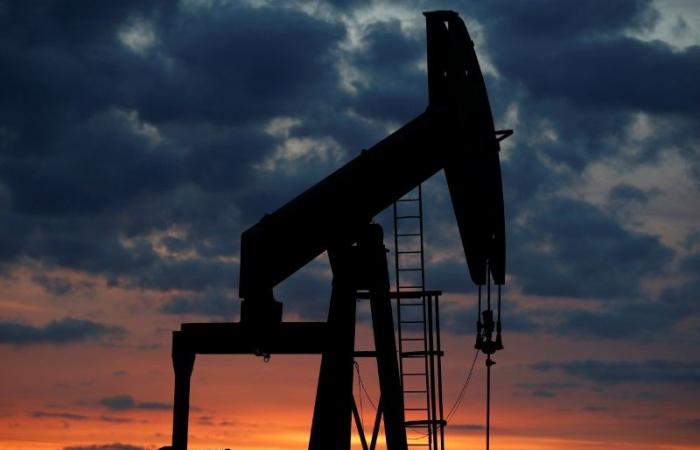Oil prices rose in early Asian trading on Friday, recording their third consecutive weekly increase, as concerns over supply problems stemming from escalating geopolitical tensions and climate-related disruptions offset signs of weakness in demand.
Brent crude futures for August settlement, which expire on Friday, rose 15 cents, or 0.2%, to $86.54 a barrel at 0020 GMT. The September Brent contract was also up 0.2% at $85.44 a barrel.
U.S. West Texas Intermediate crude futures for August delivery rose 24 cents, or 0.3%, to $81.98 a barrel.
Oil prices shrugged off signs of weak demand in the United States, the biggest oil-consuming nation, and rose following escalating cross-border tensions between Israel and Lebanon’s Hezbollah. A growing war in the Middle East could attract countries such as Iran, a major oil exporter in the region.
The French Foreign Ministry expressed concern over the situation in Lebanon on Thursday, while Turkey earlier said it stood in solidarity with Lebanon and called for support from regional governments.
Oil supplies have also been pressured by weather-related disruptions, which could worsen in the coming weeks. Heavy rains have caused Ecuador’s production to drop by 100,000 barrels a day over the past week, FGE Energy said on Friday.
The US Gulf Coast, where most of the country’s energy and export infrastructure is located, could also be hit by severe weather in the coming days, with the US National Hurricane Center monitoring at least one system weather forecast that it could become a cyclone and head towards the region.
Brent and WTI futures have gained 1.5% so far on a weekly basis.
On the demand side, rising U.S. crude inventories and weak gasoline consumption have kept a lid on oil prices. Government data this week showed an unexpected rise in the country’s crude inventories, while fuel demand weakened.
However, expectations of record travel over the Fourth of July weekend in the U.S. could boost gasoline demand and help reduce inventories. (Reporting by Shariq Khan in New York; Editing by Stephen Coates)






